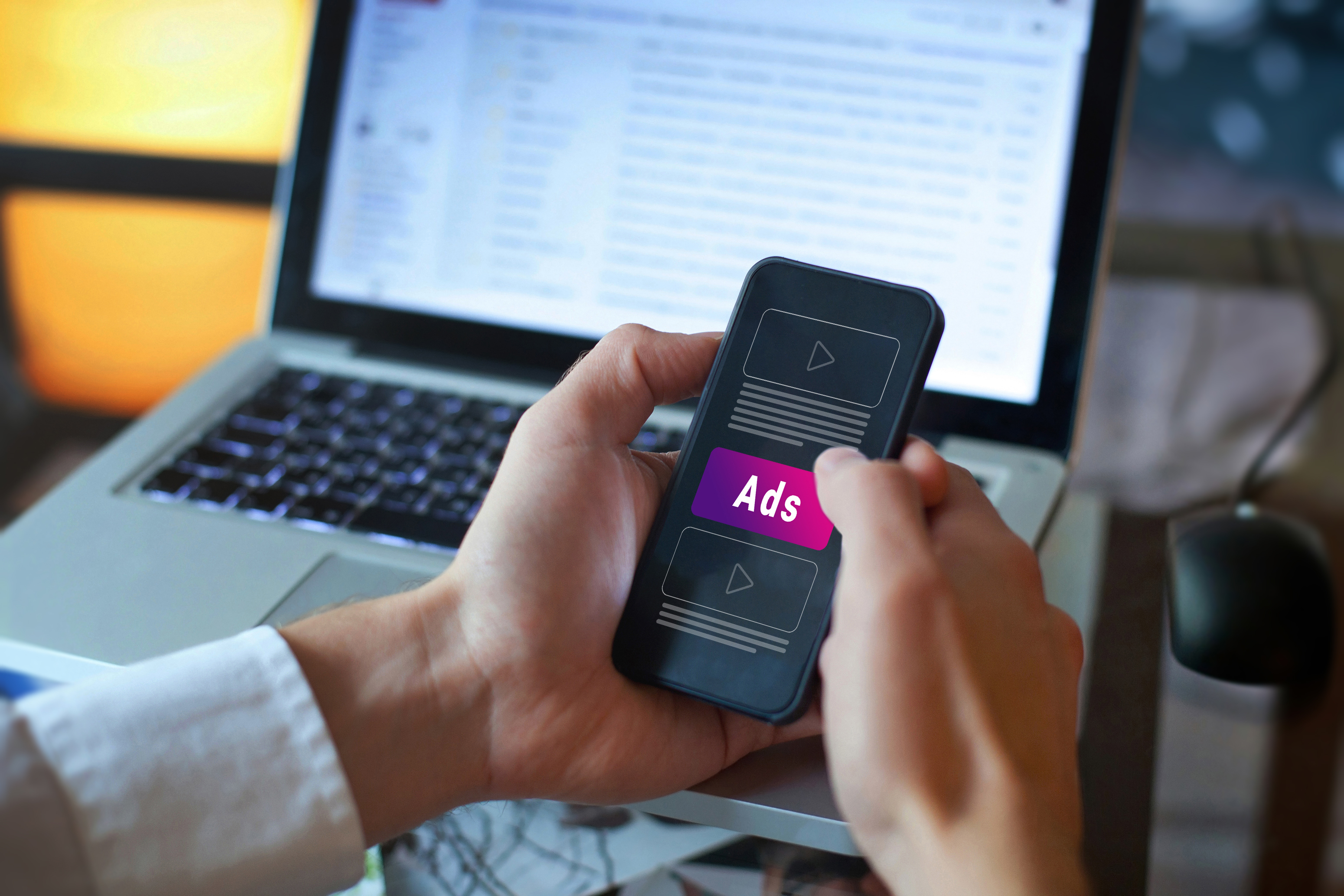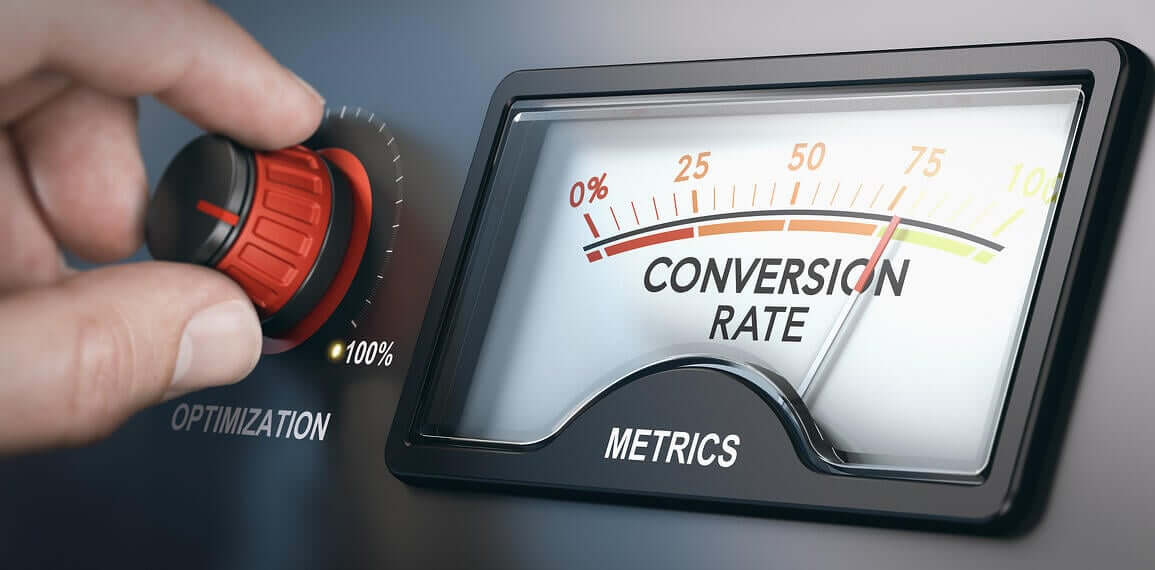
Cutting-Edge Marketing to Grow Your Business.

It's common knowledge that reducing bounce rates for your website is a standard part of the SEO process; and that a high bounce rate for your website is bad.
While this is generally true for a lot of sites, there's actually a lot more to work to it.
First, determine what your website's current bounce rate is. Then, do some research and find out if your bounce rate is a bad sign or not before committing time and money into reducing it.
Maybe your website has a high bounce rate because it's a purely informational site like a blog site which is okay in most cases. Maybe you're focusing too much on bounce rate as a metric for your website's SEO which is not okay. Or perhaps you suspect there is a misconfiguration in your analytics code and you're getting junk data.
Once you know whether your bounce rate is good or not, read on below to find 11 ways to reduce website bounce rate.
Website load times is one of the biggest contributors to high bounce rates. Doesn't matter how great your content is if your visitors can't see it, right?
Website optimizations should be done on a regular basis to keep your website up and running and on tip-top shape. Your site's performance can be affected the moment you add a plugin or upgrade your CMS to its latest version.
Use this 11-Step Checklist to streamline your next website redesign.
Have you ever clicked on an article and immediately gotten turned off because of the huge walls of text that appeared in front you?
Long content is great especially for ranking but always make sure that it is visually appealing and easier to read. The more work your users have to put to get to your content, the higher the chances of bouncing.
Make sure your using the different HTML elements and that your site has styling rules applied to them. Here's a list of some basic text elements, some of which should already be in use on your website.
The elements will help search engines understand your content better, and the styling will make it easier for your users to consume your content. It's a win-win!
Here's a hard truth: people just hate ads, plain and simple. Their are good ads out there but they are far too few compared to the ocean of annoying, obtrusive and sometimes rage-inducing ads that flood the internet today.
Some strategies assume that the more ads/promotions are on the page, the more sales will be generated. This can actually be true, but don't forget that this "catch all" strategy also comes with its own negatives.
Too many ads can make your visitors feel you just want their money and this is a big turn off. This is especially true if the user is still in the earlier stages of the customer journey.
Internal linking is a great tool that can easily be done to both new *and* existing content. When writing content, always keep in mind the possibility of linking to other pages in your site.
Don't go overboard with it though! Only link pages that are directly related or strongly relevant the the topic of the current page. Too many internal links will make it look like you're spamming your own pages for search engine rankings and more page views for the rest of your site.
The same is actually true for external links as well! Too many external links will give your content a cheap/lazy feel by making it look like just a collection of links from other sources.
Responsive design. If your website isn't mobile-friendly, you're losing out on a lot of visitors.
According to Statista: last 2016, more than 60% of the world's population owns a phone. This number is steadily rising and is projected to rise up to nearly 70% by 2019.
You might be wondering, how does this affect bounce rates?
A big part of your bounce rates might be coming from mobile users who expect a mobile-friendly website and instead got a broken layout. This is one of the instant bouncers on this list.
The main navigation is one of the most used elements on a website. It's present on most, if not all of a website's pages and is the main way for users to further browser your website after viewing one page.
This means that a navigation menu that's hard to use will instead just act as an obstacle ultimately leading to your visitors simply going to another site instead.
This kind of goes with the previous formatting tip. Keep your content in short and clear chunks of text that are easy to consume. How many times have you ever read every word on an online article?
It is bad practice to artificially lengthen your content. This is sometimes done to hit word counts or make it seem like the post or article is a long and in-depth one when it's not.
The bad news is: both people and search engines can easily see this and your site will just have higher bounce rates and lower rankings.
You can make your content more accessible by including a built-in search function instead of just relying on Google. There are also tools that can do this for you.
If your website already has it, make sure that it is highly visible and not being hidden or visually overpowered by other elements (especially ads and the like). Having this function will give your users another chance at finding what they're looking for on your site instead of them just bouncing.
It's inevitable that some users will reach your 404 page. If you are having a high bounce rate, you can check whether most of them are coming from 404s.
One great way to bounce back from this is to make a custom 404 page. This is pretty much standard practice nowadays so make sure you have one!
Google suggests including your site's main navigation in it. Add in the search function we just talked about earlier and maybe even a few suggestions and you should see a reduction in bounce rates after a while.
Google Analytics can also show bounce rates by browser so make sure to check if a large number of bounces are coming from just one browser.
Maybe a browser inconsistency isn't loading your styles. Or your scripts aren't firing, causing your navigation to be unusable.
While simply following best coding practices should avoid these issues, it can still happen and become a source for higher-than-usual bounce rates.
Of course, none of the other stuff matter if your content is simply useless to your visitors.
Offer content with actual value. The kind that will give them what they want and make them come back for more.
Remember to regularly update your old content as well. Old content can still rank users who find it will quickly bounce once they see that the content they are viewing is no longer relevant to their needs.
While bounce rate alone should not be relied on as a metric for your website's performance, it can provide useful insight when combined with other statistics that your analytics software offer.
If you still think you're bounce rate has room for improvement, get a free quote from us or contact us directly. We offer a multitude of services, including website analytics maintenance to make sure you're website is working to its maximum potential.
Subscribe to our blog for more tips and tricks.
Having a responsive, credible and functional website is a must. Contact us today to speak with a website professional and receive a free quote (951) 479-5411.
Use this 11-Step Checklist to streamline your next website redesign.



Lorem Ipsum is a simple dummy text used as a dummy text contents. Lorem ipsum will be replaced. Lorem Ipsum is a simple dummy text used as a dummy text contents. Lorem ipsum will be replaced.Lorem Ipsum is a simple dummy text used as a dummy text contents. Lorem ipsum will be replaced.




